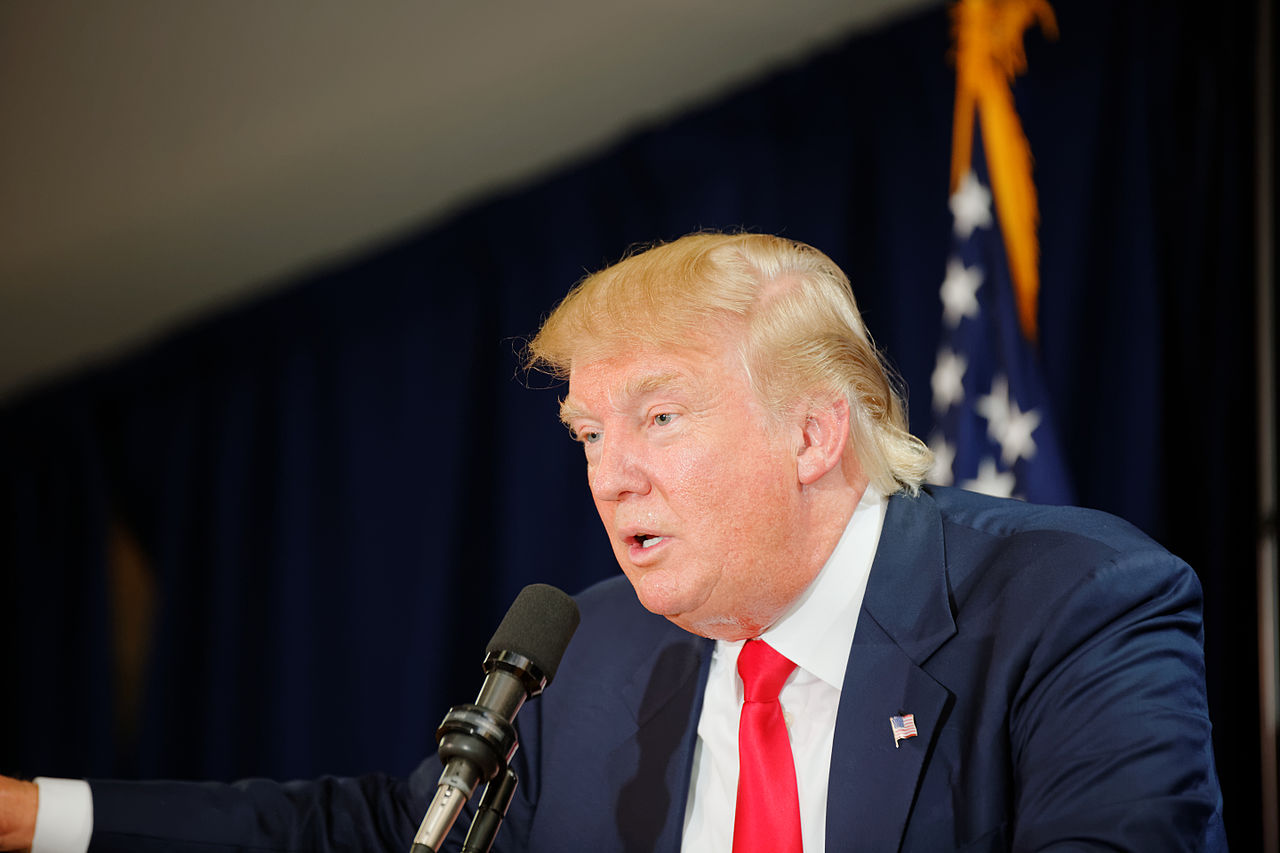The US Backs Out Of Iran Deal
Article written by Claude Khoury
The President of the United States, Donald Trump has withdrawn from the Iran nuclear deal known as the Joint Comprehensive Plan of Action (JCPOA). Trump stated he will be imposing high levels of economic sanctions on Iran. The reasons given by Trump for this decision is that Iran lied about its nuclear weapons program, supports terrorism and the development of ballistic missiles. This move is clearly a reversal of U.S. policy in Iran and has the potential to cause instability in the region.
The new sanctions are aimed at vital sectors of Iran’s economy such as oil and finance. Because of Iran’s customer base, the sanctions will need to be well thought through and should reach a consensus internationally before being implemented. Last year China made up 24 percent of Iran’s exports, India 18 percent, South Korea 14 percent and Turkey 9 percent. Additionally, other major buyers also include France, Italy the UAE and Japan. The proposal of harder sanctions is significant because tensions may arise as oil supply exports to these countries could be affected.
It is understood by November 4th all sanctions that were present before JCPOA will be reinstated. The European Union has already noted that it intends to remain committed as the deal is crucial for regional security. In this instance, Iran will likely depend on the signatories from Europe to continue doing business, though the risk of going against U.S. sanctions may convince the European companies involved to comply with sanctions, regardless of what the EU pushback is. Iran will emphasize less dependence on imports and better dialogue with countries that are willing to navigate U.S. sanctions. This may involve seeking economic ties with countries such as Russia, India, Qatar and China who are less likely to submit to U.S. pressures.
In addition, Iran may consult the five countries it considers apart of the JCPOA those include China, France, Germany, U.K and Russia. It is believed the Foreign Minister for Iran has been asked to consult with these countries to ensure the agreement continues regardless of U.S. withdrawal. However, it talks fail, Iran may start increasing the uranium enrichment levels. This also could include removing inspection protocols that grant the International Atomic Energy Agency access to Iran’s nuclear sites. Iran may even threaten to leave the Nuclear Non-Proliferation Treaty. Such actions would be a major escalation and could damage Iran’s EU relations, resulting in countries potentially aligning with the U.S. economic sanctions. Thus, diplomatic options will likely be the first path of action to gain some international support against the U.S. withdrawal.
However, Iran may be inclined to think of potential ways to bring the U.S. to negotiations such as nuclear weapons. Given the planned summit between U.S.-North Korea leaders’, Iran could be under the impression that North Korea’s nuclear arsenal worked well for them in bringing the U.S. in for talks. As a result, a similar approach may be an option for Iran. If Iran leaves the Nuclear Non-Proliferation Treaty and the JCPOA to try and achieve this, the stability in the Middle East may decrease significantly. The U.S. may then have to commit to a potential war to stop Iran’s potential nuclear capabilities from coming to fruition. Furthermore, a nuclear Iran would have severe consequences for U.S. credibility among its allies and enemies in the region.



